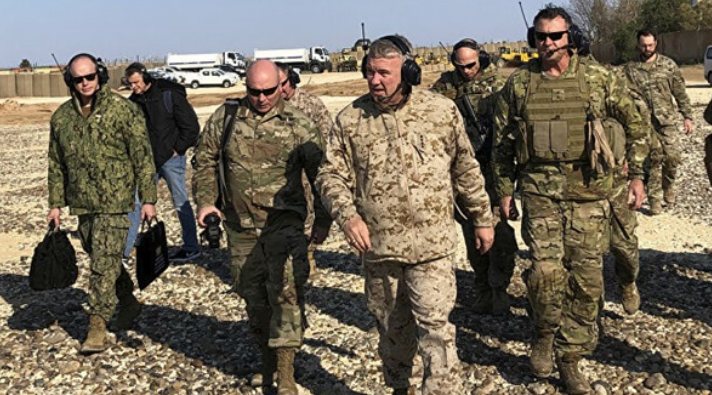Mustafa Kamel
The Autonomous Administration of the Syrian Democratic Forces (SDF) has drawn up and ratified a unified law in order to try Syrians, specifically those belonging to ISIS, accused of terrorism cases. The SDF’s Administrative Council confirmed that the aim of ratifying the new law is to unify it in all administrations and regions affiliated with the Autonomous Administration, specifying the penalties for perpetrators of terrorism cases, in contrast to previous laws that raised many questions from the civil and international community and international legal advisors for omitting many previously established aspects.
Internal trial
The Administrative Council decided to ratify the unification of the “Trying Syrians Accused of Terrorism Issues” law, which consists of 20 articles. Khaled Ali, a member of the Social Justice Council in northeastern Syria, said that the ratification of the counterterrorism law came to unify the trial of Syrians accused of terrorism issues in the prisons of the Autonomous Administration and that its goal is to unify the law in all the administrations and regions of the Autonomous Administration.
About 15,000 detainees on terrorism charges are in SDF prisons, including more than 60 foreign nationals besides Syrians, most of whom are former members of ISIS.
Regarding the previous laws dealing with terrorist cases, Ali noted that there were previous laws dealing with the laws of terrorism cases in the regions of Al-Jazirah and the Euphrates, but what happened was the unification of the law before a single court of appeal that looks into all terrorism cases. He stressed that the previous laws raised many questions from the civil and international community and international legal advisors for its omission of many previously applicable aspects, adding that the new law tries to understand all aspects, make up for the shortcomings, and give exemptions and excuses to those who surrender.
Terrorism law
The ratified law defines “terrorism”, “terrorist” and “terrorist organization”, in addition to specified penalties for perpetrators of terrorism cases. Ali stressed that the trial of some members of the terrorist organization does not mean that the SDF is not requested to establish an international court in the region and that 900 ISIS members of Syrian nationality are being tried since the beginning of 2020.
The SDF was criticized for its arbitrary arrest of people on charges of belonging to the terrorist organization, and soon a number of them were released through tribal mediation, as the Syrian members of the organization are being tried in People’s Defense Courts, one in Qamishli and another in Kobani.
The People’s Defense Court is one of the institutions of social justice in the regions of the Autonomous Administration established at the beginning of 2014 under the pretext of looking into the terrorist crimes committed against the people of northeastern Syria.
There are thousands of ISIS members in the prisons of the SDF since it took control of the city of Raqqa and areas of the Deir Ezzor countryside, where the organization was spreading before 2017, while the Autonomous Administration in northern and eastern Syria allocated camps for families of prisoners of different nationalities.
The Netherlands was one of the first European countries that supported the Autonomous Administration to establish an international court to try ISIS members, which came in a letter sent by Dutch Foreign Minister Stef Blok to the Autonomous Administration for the trial of ISIS elements in northern and eastern Syria.
Amal Dada, the co-chair of the Department of Foreign Relations in the Autonomous Administration, confirmed that the administration exchanged views with many European delegations on the issue of prosecuting ISIS members in northeastern Syria, adding that there is a letter from the Dutch Foreign Minister pledging his country’s support for the establishment an International Tribunal for the Trial of ISIS Detainees.
Dada clarified that there is a diplomatic recovery and an international turnout for the Autonomous Administration’s areas in northern and eastern Syria to see the status of this administration, its mechanism of action, its structure, and the institutional workflow in it. She indicated that there are promises to support the administration in terms of service, relief and reconstruction, especially from the Swedish delegation that visited the administration recently, noting that the components of northern and eastern Syria have the right to participate in the political process.
“We are open to dialogue, and there is an exchange of visits with many countries. We have delegations abroad regarding our participation in the political process and the safe zone,” Dada said.








































admin in: How the Muslim Brotherhood betrayed Saudi Arabia?
Great article with insight ...
https://www.viagrapascherfr.com/achat-sildenafil-pfizer-tarif/ in: Cross-region cooperation between anti-terrorism agencies needed
Hello there, just became aware of your blog through Google, and found ...